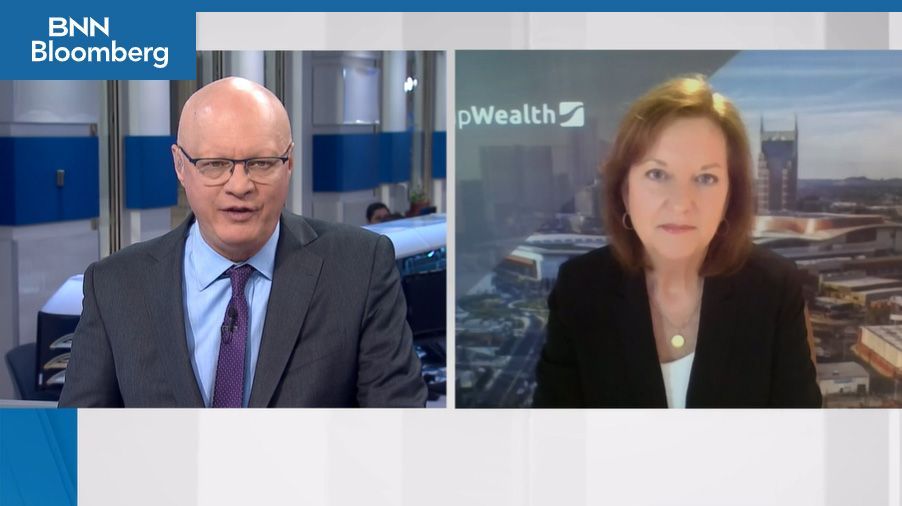What you need to know about dwindling Social Security reserves
January 28, 2019
The Social Security Administration estimated 63 million Americans received $1 trillion in benefits in 2018. But by 2034, without federal reform, the Social Security Trust Fund projects that pot of money will be empty.
After the 2017 tax bill passed by President Donald Trump, Social Security has once again become a hot topic and will likely factor into next year’s presidential election debates. Here’s what you need to know about the system, instituted by President Franklin D. Roosevelt in 1935.
Who pays and how much?
All of you should know that if you have a job and earn income, you are paying into the Social Security program. What you might not know are the specifics. The government automatically deducts 6.2 percent of each employee’s wages, while those who are self-employed pay 12.4 percent. Taxable salary is capped at $128,400.
Remember, Social Security benefits were only designed to replace 40 percent of a worker’s income in retirement, though the SSA estimates one-third of beneficiaries utilize their benefits as 90 percent of their retirement income.
Will the program run out of money?
It should come as no surprise that the Social Security program is facing many challenges. With Baby Boomers retiring in the recent and upcoming decades, the current workforce isn’t large enough to fill the gap. In the pay-as-you-go program, millennials covering the benefits of current retirees will be less likely to see their own future funds covered as the growth of the workforce slows.
Though the administration’s trustees predict the money to run dry by 2034, that doesn’t mean benefits will stop completely. The money the agency receives will continue, but it won’t be enough to cover program costs. After funds are gone, trustees say the program will provide only 77 percent of benefit payments.
How are lawmakers going to fix the problem?
Fixing the problem is possible, but would require congressional intervention. In 1983, President Ronald Reagan’s Greenspan Commission recommended raising the retirement age from 65 to 67 and a partial tax of benefits. Those changes allowed the agency to take in extra funds to prepare for the impending retirement of the boomers.
Today, lawmakers are considering similar options — raising the tax rate, raising the age of withdrawal again or reducing program benefits — to reform Social Security. Whatever action they decide to take must be dramatic in order to be effective at this point.
What you can do
It’s important now more than ever to create a plan for your retirement that isn’t dependent on Social Security. You can start by taking advantage of any employer-match offered on your retirement savings account and making that your main savings vehicle. It’s surprising how many people don’t take advantage of the full match available through their employers.
If you’re passionate about Social Security reform, lobby your congressman and let them know the issue is a top priority for you.
If you plan to survive off Social Security alone in retirement, you may need to reevaluate your expectations. Remember that this program was created to be a benefit or supplement to retirement, not your sole source of income.
For
millennials and Generation Z , I strongly encourage you to stay involved and on top of what is happening because it could drastically affect your future.
Jennifer Pagliara is an executive vice president and financial adviser with CapWealth and a proud member of the millennial generation. Her column speaks to her peers and anyone else who wants to get ahead financially. For more information, visit capwealthgroup.com. This article was publised by
The Tennessean
on Jan. 28, 2019.














